6 years ago #9824503
13
0
The Spanish government funded a study to determine the degree to which weather impacts air travel. They found that the planes in Spain fall mostly in the rain.
A related story was Italian research in the 1930s to operate mass transportation on fuel made from aromatic herbs. The effort was put on hold due to WWII, and after the war they unfortunately discovered that only Mussolini could make the trains run on thyme.
A related story was Italian research in the 1930s to operate mass transportation on fuel made from aromatic herbs. The effort was put on hold due to WWII, and after the war they unfortunately discovered that only Mussolini could make the trains run on thyme.
6 years ago #9824687
5
0
In Australia, when someone asks a rather silly question to which the answer is obviously an emphatic "Yes", one can say, "Well, I'm not here to f*** spiders".
Which is a bit alarming, because that implies that someone, somewhere, IS there to do that very thing.
Which is a bit alarming, because that implies that someone, somewhere, IS there to do that very thing.
6 years ago #9824779
4
0
We have a lot of really good ones in Romania. Some of my favourite include:
"a freca menta" ("to rub mint") and "a tăia frunza la căini ("to cut leaves for the dogs"), meaning to do nothing, waste time.
"a calca pe bec" ("to step on a lightbulb") or "a da cu mucii în fasole" ("to throw snot into the beans") "a da cu oiștea-n gard" ("to hit the fence with the ox-cart trace"), to break a rule or make a mistake
"a se potrivi ca nuca-n perete" ("to fit like the walnut on the wall") - to not fit at all
"a se termina în coadă de pește" ("to end in a fish's tail" - a story which ends anticlimactically
"a umbla cu cioara vopsită" ("to go about with the painted crow") - try to swindle someone - conversely, "a fi prins cu mâța-n sac" ("being caught with the cat in the bag") means being caught swindling
"unde și-a înțărcat dracul copii" ("where the devil raised his children"), "la mama dracului" ("where the devil's mother lives"), "la dracu-n praznic" ("at the devil's remembrance feast" - here specifically a type of feast held for a deceased person) all mean "very far", while "ca pe vremea lui Pazvante Chiorul" ("like in the time of Pazvante the One-Eyed", in reference to Osman Pazvantoğlu, a Turkish governor of Vidin and bandit captain who terrorised southern Wallachia in the early 1800s) meaning both something anarchic and something extremely old.
Finally, we have a myriad expressions meaning "to be drunk": - "a se chercheli" (no equivalent and nobody knows where this came from, but it's an idiomatic expression), " a se turmenta" ("to torment oneself" from French, "se tourmenter"), "a se griza"( "become grey", also from French, "griser") , " a se turlăci" ("become a young fool"), "a se amnări" ("to light oneself on fire"), "a se chefălui" ("to become partied"), "a se învinoșa" ("become inwined"), "a se abțigui" ("to falsify oneself"), "a se șumeni" (from the slavivc loanword "šumĩnŭ" meaning drunk), "a se matosi" and "a se matoli" ( both from "matol" a Romany loanword meaning drunk), "a se afuma" ("to fumigate oneself"), "a se sfinți" ("to sanctify oneself"), "a se aghesmui" ("to bless oneself by drinking holy water"), "a se tămâia" ("to bless oneself by fumigating with frankincense"), "a se târnosi" ("to enthrone onself" - usually meaning to become a priest in the Orthodox Church), "a se ciupi" ("to pinch oneself"), "a se cârpi" ("to mend oneself"), "a se magnetiza" ("to magnetize oneself"), "a se pili" ("to file oneself" - in the sense of metal machining, not paperwork), "a se electriza" ("to electrify oneself"), "a se trăsni" ("to hit oneself with lightning" - no, I'm not sure either how that would work), "a se turti" ("to flatten oneself"), "a se turci" ("to become a Turk"), "a se flecui" ("to become soft"), "a se căli" ("to quench harden oneself"), "a se oțeli" ("to become hard like steel"), "a se îmbăta lulea / tun / turtă / criță" ("to become drunk like a smoking pipe / cannon / pie / hardened steel)
"a freca menta" ("to rub mint") and "a tăia frunza la căini ("to cut leaves for the dogs"), meaning to do nothing, waste time.
"a calca pe bec" ("to step on a lightbulb") or "a da cu mucii în fasole" ("to throw snot into the beans") "a da cu oiștea-n gard" ("to hit the fence with the ox-cart trace"), to break a rule or make a mistake
"a se potrivi ca nuca-n perete" ("to fit like the walnut on the wall") - to not fit at all
"a se termina în coadă de pește" ("to end in a fish's tail" - a story which ends anticlimactically
"a umbla cu cioara vopsită" ("to go about with the painted crow") - try to swindle someone - conversely, "a fi prins cu mâța-n sac" ("being caught with the cat in the bag") means being caught swindling
"unde și-a înțărcat dracul copii" ("where the devil raised his children"), "la mama dracului" ("where the devil's mother lives"), "la dracu-n praznic" ("at the devil's remembrance feast" - here specifically a type of feast held for a deceased person) all mean "very far", while "ca pe vremea lui Pazvante Chiorul" ("like in the time of Pazvante the One-Eyed", in reference to Osman Pazvantoğlu, a Turkish governor of Vidin and bandit captain who terrorised southern Wallachia in the early 1800s) meaning both something anarchic and something extremely old.
Finally, we have a myriad expressions meaning "to be drunk": - "a se chercheli" (no equivalent and nobody knows where this came from, but it's an idiomatic expression), " a se turmenta" ("to torment oneself" from French, "se tourmenter"), "a se griza"( "become grey", also from French, "griser") , " a se turlăci" ("become a young fool"), "a se amnări" ("to light oneself on fire"), "a se chefălui" ("to become partied"), "a se învinoșa" ("become inwined"), "a se abțigui" ("to falsify oneself"), "a se șumeni" (from the slavivc loanword "šumĩnŭ" meaning drunk), "a se matosi" and "a se matoli" ( both from "matol" a Romany loanword meaning drunk), "a se afuma" ("to fumigate oneself"), "a se sfinți" ("to sanctify oneself"), "a se aghesmui" ("to bless oneself by drinking holy water"), "a se tămâia" ("to bless oneself by fumigating with frankincense"), "a se târnosi" ("to enthrone onself" - usually meaning to become a priest in the Orthodox Church), "a se ciupi" ("to pinch oneself"), "a se cârpi" ("to mend oneself"), "a se magnetiza" ("to magnetize oneself"), "a se pili" ("to file oneself" - in the sense of metal machining, not paperwork), "a se electriza" ("to electrify oneself"), "a se trăsni" ("to hit oneself with lightning" - no, I'm not sure either how that would work), "a se turti" ("to flatten oneself"), "a se turci" ("to become a Turk"), "a se flecui" ("to become soft"), "a se căli" ("to quench harden oneself"), "a se oțeli" ("to become hard like steel"), "a se îmbăta lulea / tun / turtă / criță" ("to become drunk like a smoking pipe / cannon / pie / hardened steel)
6 years ago #9824700
4
0
One that's very specific to my family is to answer an unfortunate event with: "Did you have enough butter?"
Nobody is really sure when it started, but at some point my Grandmother started claiming that it was bad luck to have too little butter in the house. She lived some distance from town and would drive in to do grocery shopping once a month or so. She also liked butter, so she would clip coupons and wait for it to be on sale before she'd buy a large quantity. She'd store it in the freezer. It was quite common for her to have seven to ten pounds of butter in the house at any given time. If she got down to three or four pounds of butter she'd start to act nervous. (She knew it was ridiculous, but it was a fun tradition.)
My Grandmother drank very black coffee from a percolator every morning with toast so brown it was almost burnt and lots of butter. Most of the time dipped in the coffee.
Today all across my family it's common to hear some permutation of "Do you have enough butter?" for all sorts of reasons. If you crashed your car someone would say "I bet you didn't have enough butter." Diagnosed with athlete's foot, "You probably don't have enough butter." Forgot your wallet, "Do you have enough butter?"
It's a family thing, but I like it.
Nobody is really sure when it started, but at some point my Grandmother started claiming that it was bad luck to have too little butter in the house. She lived some distance from town and would drive in to do grocery shopping once a month or so. She also liked butter, so she would clip coupons and wait for it to be on sale before she'd buy a large quantity. She'd store it in the freezer. It was quite common for her to have seven to ten pounds of butter in the house at any given time. If she got down to three or four pounds of butter she'd start to act nervous. (She knew it was ridiculous, but it was a fun tradition.)
My Grandmother drank very black coffee from a percolator every morning with toast so brown it was almost burnt and lots of butter. Most of the time dipped in the coffee.
Today all across my family it's common to hear some permutation of "Do you have enough butter?" for all sorts of reasons. If you crashed your car someone would say "I bet you didn't have enough butter." Diagnosed with athlete's foot, "You probably don't have enough butter." Forgot your wallet, "Do you have enough butter?"
It's a family thing, but I like it.
4 years ago #9869647
3
0
I'm not sure if this counts but in Finland there is a very old saying "jos ei viina, terva ja sauna auta niin sitten perii hauta", which means something like "if booze, tar and sauna doesn't heal you then you're dead". There are many versions of it and I've heard that in one old version having sex is also considered a medicine (social distancing not so well done). Basically going to see a doctor has not been possible or it has been seen as unnecessary so those are the medicine that should do the job.
Especially sauna has been seen as a magical place where you can heal. Too bad going to sauna can actually make illnesses worse so people have died because of it (or so I've heard). Today the saying is usually just a joke people use when they're sick but don't see a need or just don't want to go to a doctor.
Especially sauna has been seen as a magical place where you can heal. Too bad going to sauna can actually make illnesses worse so people have died because of it (or so I've heard). Today the saying is usually just a joke people use when they're sick but don't see a need or just don't want to go to a doctor.
6 years ago #9824815
3
0
“If it smells like poop everywhere you go, it’s you.”
If it seems like everyone else has a bad attitude then your attitude is the problem.
If it seems like everyone else has a bad attitude then your attitude is the problem.
6 years ago #9824488
3
0
There were 150 of us in t' shoebox in t' middle o' road
And you try and tell the young snails of today that ... they won't believe you
And you try and tell the young snails of today that ... they won't believe you
Add comment: Please Sign in or create an accout to comment.
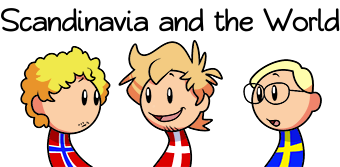

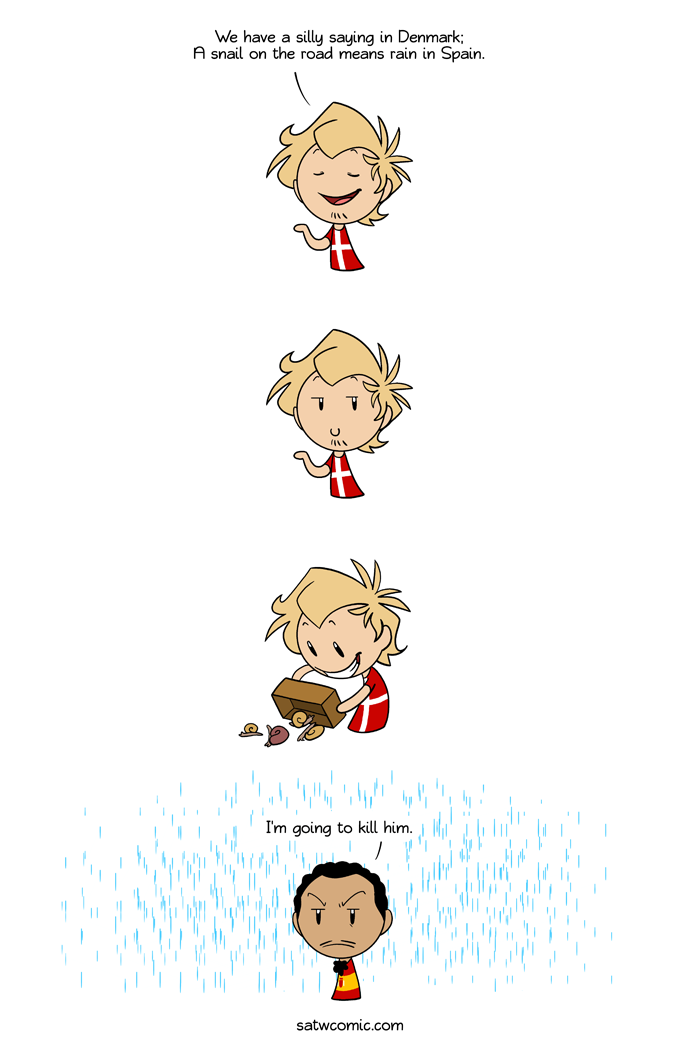
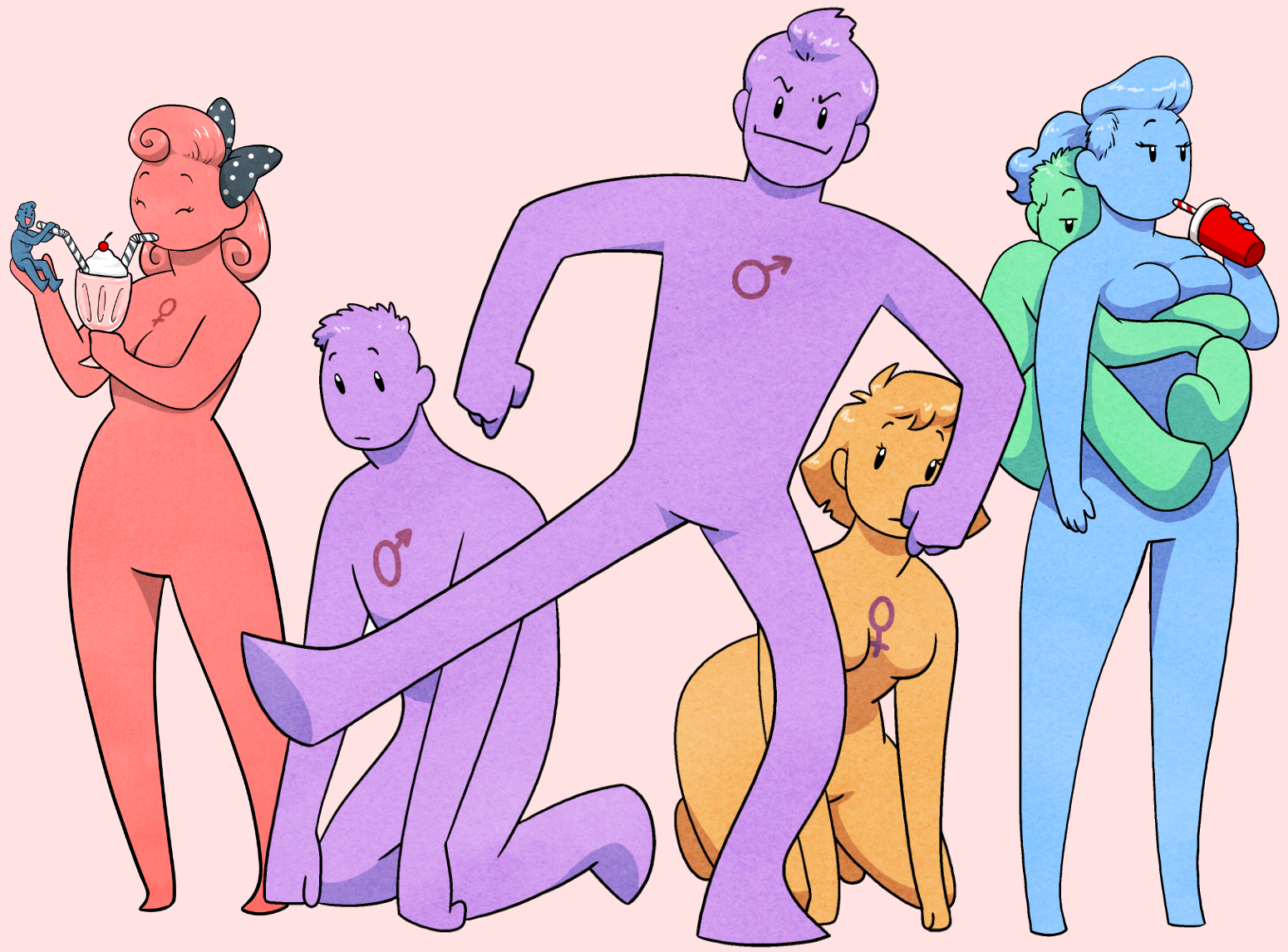
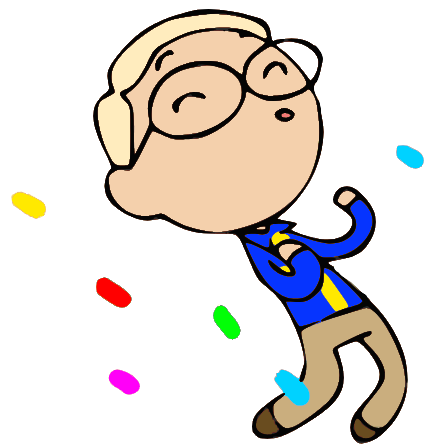 Support the comic on
Support the comic on 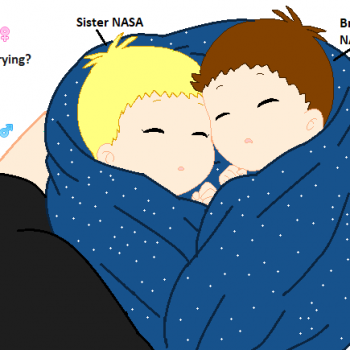
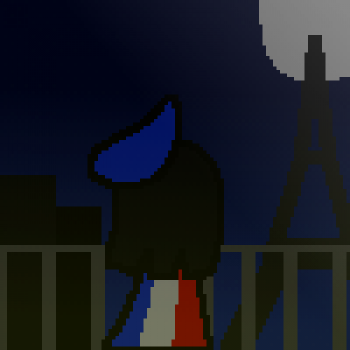




















"Make America Great Again."